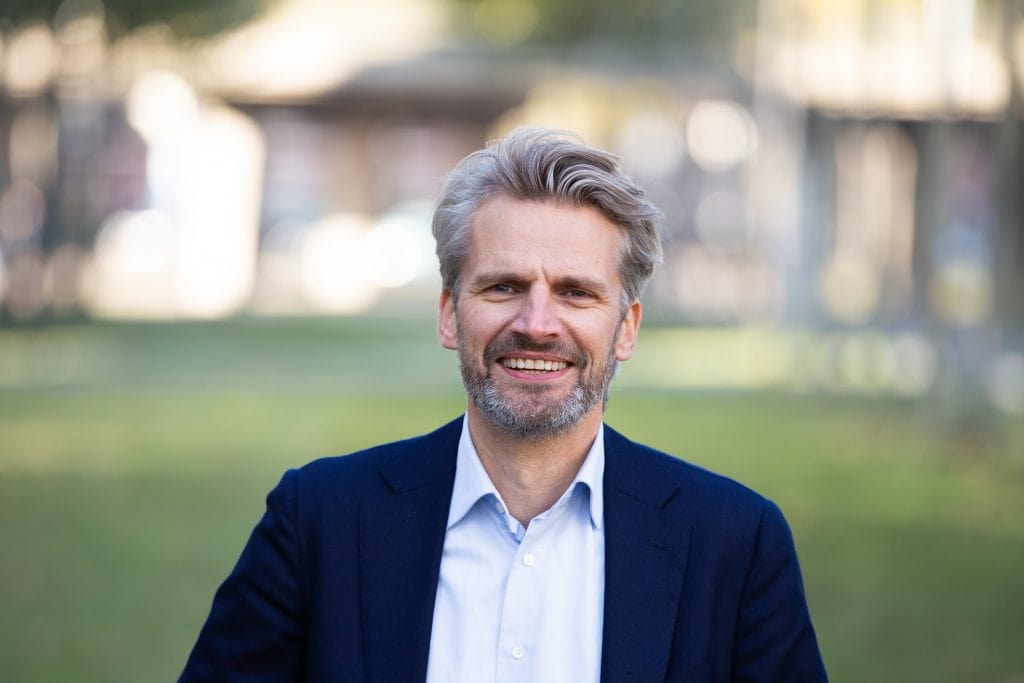Nine questions for Graduate School Trainer Niels Tekke
Niels Tekke is teaching the course ‘Using creativity to maximize productivity and innovation in your PhD’. The other course – he teaches together with his colleague Rob van der Loo – is ‘Effective negotiation: win-win communication’.
1. Which skills/competences do you teach the PhD candidates?
“Concerning the course around creative thinking; skills to break limiting thinking patterns. And to apply different techniques to deal with problems in a more creative way. The negotiation skill training focusses more on the relational dimension in working with others. So how can I influence my relations with the people I work with in such a way that all interests are served or that we create a ‘win-win’ situation.”
2. What are important skills/competences for PhD candidates?
“I think one of the most important competences is the ability to direct and organize your professional career as a PhD candidate. To be in charge of your scientific career, which can be pretty hard looking at the field the average PhD candidate is working in. This also implies that, apart from scientific knowledge, it takes personal reflection and social skills to find your way as a PhD candidate.”
3. Which skills do PhD candidates forget to pay attention to, but are important to have?
“Social skills & project management skills, especially for PhD’s working in an international setting, like ‘How to deal with other cultures?’, ‘How to express myself in such a way that I am being understood?’ and ‘How to work in a team?’.”
4. How do you support the candidates in their personal development?
“I offer them a safe environment in which I invite them to experiment with new thoughts and new behaviour. So I want to make them think, I want to make them discuss and I want to make them play. Because I think a playful state of mind can really stimulate learning experience.”
5. How do you make sure they really integrate the newly acquired skills?
“Not by using a lot of theory, but by making sure they practice in the course itself right away. By making people experience how things work and what the impact can be of new behaviour, they will most likely use this in future situations as well. And we also use practical assignments between training days.”
6. What is the end goal you are working towards with the PhD candidates?
“The end goal for the PhD candidates is to experience more freedom in the way they give direction to their professional life. It’s also about making choices that are in line with what is really important to you.”
7. What do you enjoy most about working with PhD candidates?
“The fact that they are very bright and motivated. Also their dedication to their work and they think deeply.”
8. What is the most valuable lesson you learned being a trainer?
“What I have learned is that the best learning experiences arise when PhD candidates discuss challenges together. Maybe more than when I am telling something as a trainer.”
9. What is your tip for PhD candidates?
“Ask for more input from colleagues. They can really help you, you are not alone.”
